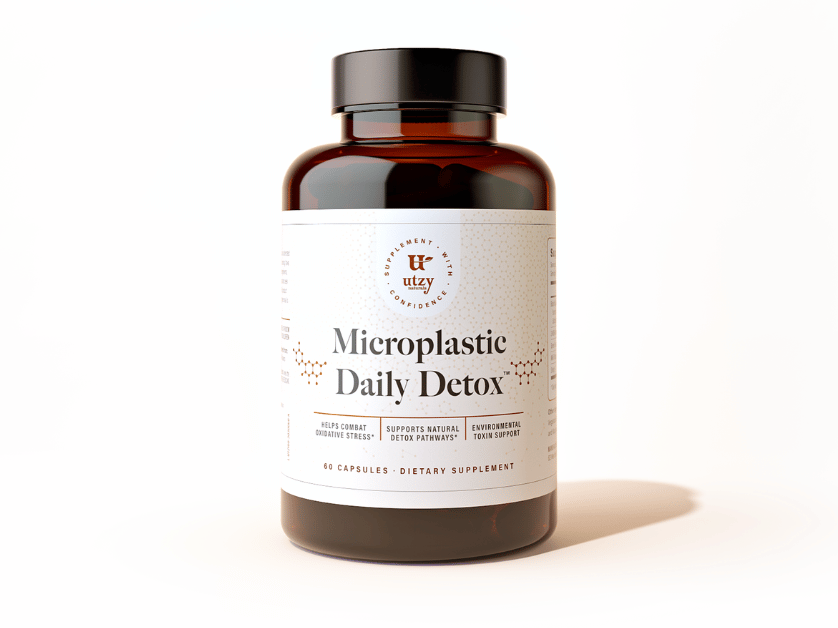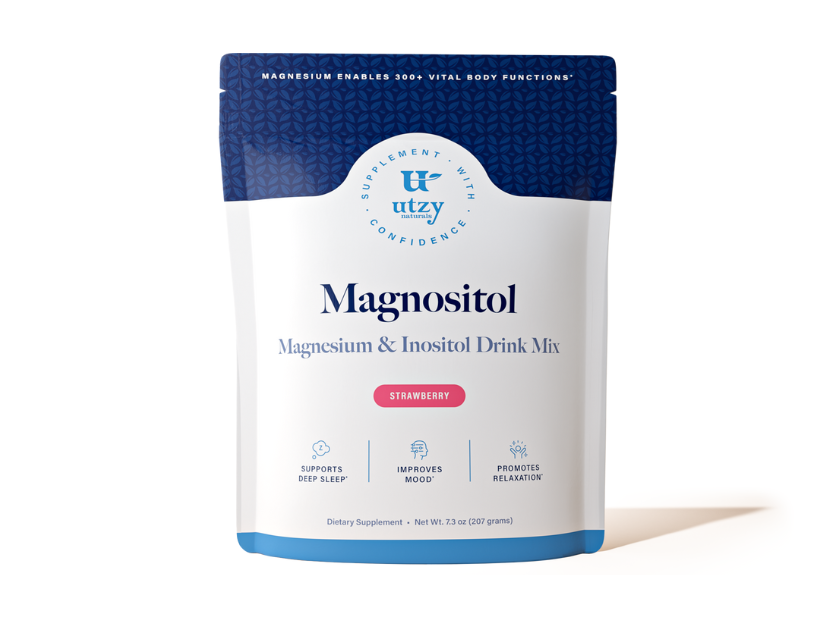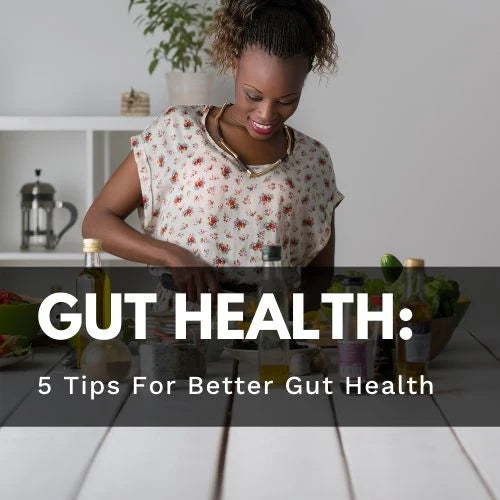shop
learn

3 Tips for Getting More Vitamin D
October 17, 2020 3 min read
by Autumn Enloe, MS, RD, LD, CLT
Vitamin D is one of the most important nutrients we know of.
It plays a key role in many different bodily processes, including: immune support, bone health, and muscle function (among many others).
Read on below to learn more about how vitamin D impacts your health, and how to ensure you get enough.
What is Vitamin D?
Vitamin D is a fat-soluble nutrient that is often referred to as the “sunshine vitamin”, since our bodies make it when our skin comes into contact with sunlight.
It plays a key role in bone and muscle health, and also supports our hormones, immune system and moods (1, 2, 3, 4).
Optimal Levels of Vitamin D
Vitamin D is nutrient that many people are lacking; especially in regions where the days are getting shorter.
It’s suggested to get your Vitamin D level tested on a yearly basis, and opt for levels between 40-60 ng/mL for both adults and children.
Anything under 30 ng/mL is considered a deficiency (5).

How To Get More Vitamin D in the Winter
Vitamin D can be obtained in several different ways including sunlight, foods or supplements.
1. Sunlight
Exposure to sunlight provides the best quality Vitamin D, and you don’t have to be outside for very long to reap great benefits (6).
Just 10-15 minutes of sunlight can provide 10,000-25,000 IU of Vitamin D alone.
Of course there are many factors that can affect how well your body will absorb Vitamin D from the sun.
Those include:
- Your skin type: Typically light skin colors obtain Vitamin D the easiest.
- How much skin is exposed: The more skin that is exposed, the more Vitamin D can be absorbed.
- The time of day: The sunlight is strongest between the times of 10:00-2:00 pm.
- Your location: Those who live closer to the equator have more exposure to sunlight (7).
Another option would be to get a light therapy lamp to use during the winter months. This is a great option if you live in a location where sun exposure is limited (8).
Keep in mind that too much sun exposure can be dangerous, and it’s important to limit being outdoors for long periods of time without sunscreen.
Too much unprotected skin exposure may lead to dehydration, pain, early aging, and additional health conditions.

2. Food
There are very few foods that contain natural sources of Vitamin D.
That’s why Vitamin D is often fortified into foods such as milk or orange juice.
Even though fortified foods can be helpful, aim to consume the majority of your Vitamin D from foods that naturally contain it.
Those include:
- fatty fish (such as salmon or tuna)
- beef liver
- egg yolks
- cheese
3. Supplements
Another way to increase your Vitamin D intake is to take a high-quality Vitamin D supplement.
A supplement can be especially helpful for individuals who are not exposed to much sunlight during the winter months (such as in the Midwest), and for those who want to increase their Vitamin D levels more quickly.
Things to Consider When Taking a Vitamin D Supplement
Not all supplements are created equal, and there are many things to consider when choosing a Vitamin D supplement.
These include:
- The Quality of Supplement: Look for a supplement that is third party tested for quality and quantity. Every supplement at Utzy Naturals goes through rigorous testing to ensure it meets high quality standards.
- The Form of Vitamin D: Look for a supplement with the Vitamin D3 form, which is the most active form of Vitamin D.
- When to Take it: Aim to take your Vitamin D supplement with your largest meal of the day to help increase absorption (9).
If you're interested in a high quality vitamin D supplement, Utzy offers a couple of different options.
Our product line includes:
- Vitamin D 5,000 (a standalone D3 formula)
- K2 + D3 (a vitamin K2 and D3 combo, beneficial for bone and overall health)
- Essentially-U (our daily multi-vitamin/mineral formula)
Conclusion
Vitamin D plays a critical role in our health, so it is important to get your levels tested on a regular basis.
If you find that your levels are low, incorporate Vitamin D-rich foods, get some sunlight or light therapy, or a take a Vitamin D supplement to help improve your levels.

Leave a comment
Comments will be approved before showing up.
Also in Health
Subscribe
Sign up to get the latest on sales, new releases and more …
Join the Utzy Naturals Club!
Sign up and get the latest on sales, new releases, and more...





